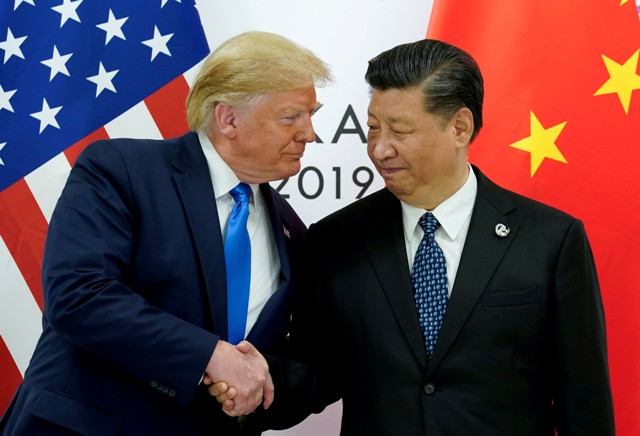China will lower tariffs on world imports to up to 0% effective January 1. Tariffs will be lowered on household items such as avocados, orange juice, seafood, and frozen pork.
Taxes will also be lowered on pharmaceuticals components as well as tech parts. At the same time, there will be no tariffs for asthma and diabetes medication, some wood and paper products, as well as multi-component semiconductors.
Aside from postponing tariffs on U.S. imports that were supposed to hit last December 15, China also lowered levies for 23 countries that it has free-trade with. These countries include Australia, South Korea, Iceland, New Zealand, and Pakistan. Levies will also be reduced for countries that signed with President Xi Jinping's Belt and Road Initiative.
All in all, a published copy from China's Ministry of Finance revealed 859 products that are covered by the tariff cuts. A common pattern observed was that these items on the list are chosen based on what the Chinese people need.
For example, the reduced levies on frozen pork will help residents get more supplies as the country recover from the African Swine Fever. The pharmaceutical components and other medications are needed because the country aims to develop more drugs for its aging population. Lastly, there have been reduced taxes on tech components to support the country's push for 5G and advanced computer chips.
Most importantly, the tax cuts will take effect in the days leading up to China's Lunar New Year. People will be spending more around this period in preparation for the Chinese holidays.
The announcement from the Ministry of Finance comes as US President Donald Trump said a China-US trade deal would be signed "very shortly." He made the announcement after a cordial call with President Xi which the latter confirmed on the same day.
President Xi said the China-US phase one deal will make relations better not just between China and the US but with all countries involved in trade with them
There has been general optimism when China and the US announced in previous weeks that they reached a phase one deal. Details were not released yet but officials from the world's two largest economies have been hinting favorable agreement. For example, Beijing promised to purchase $200 billion more of American agriculture products for the next two years. That could translate to about $40 billion in farm imports on a monthly basis.
The China-US phase one deal has been so far the most positive development that has taken place since the two nations engaged in a trade war since 2018.





